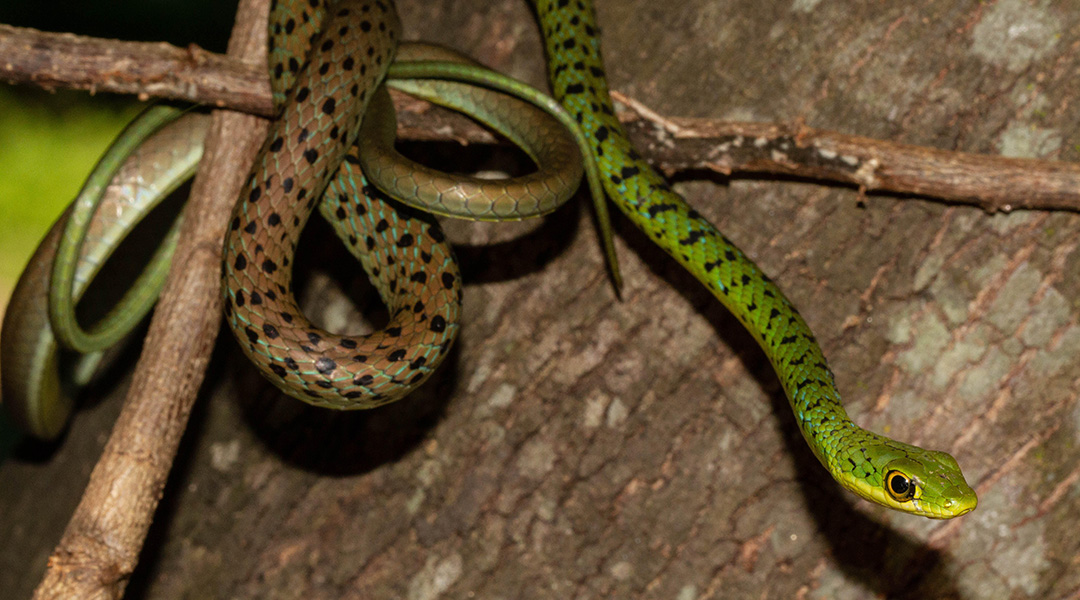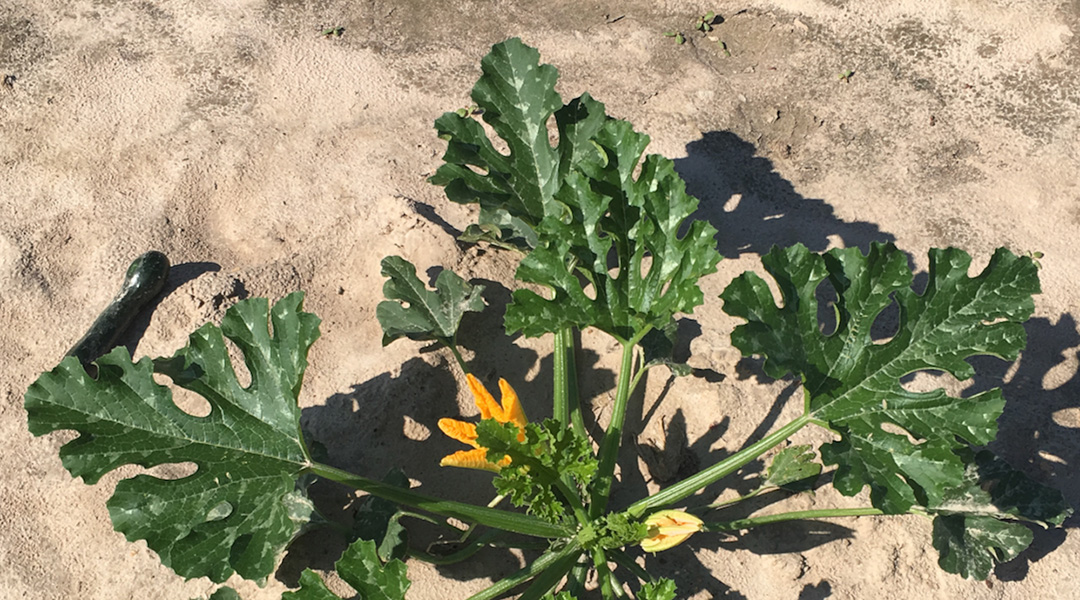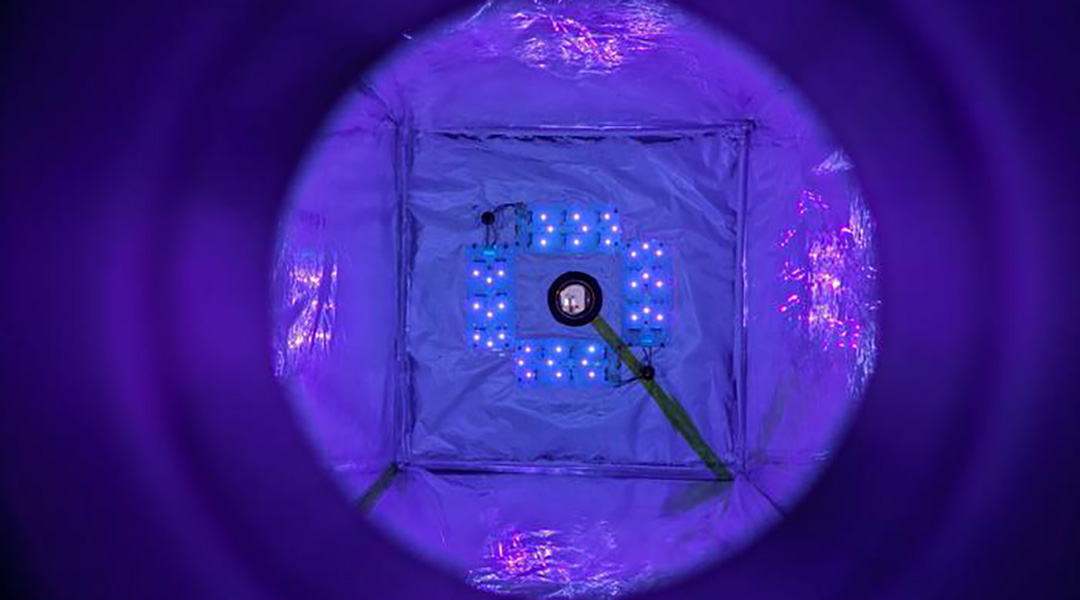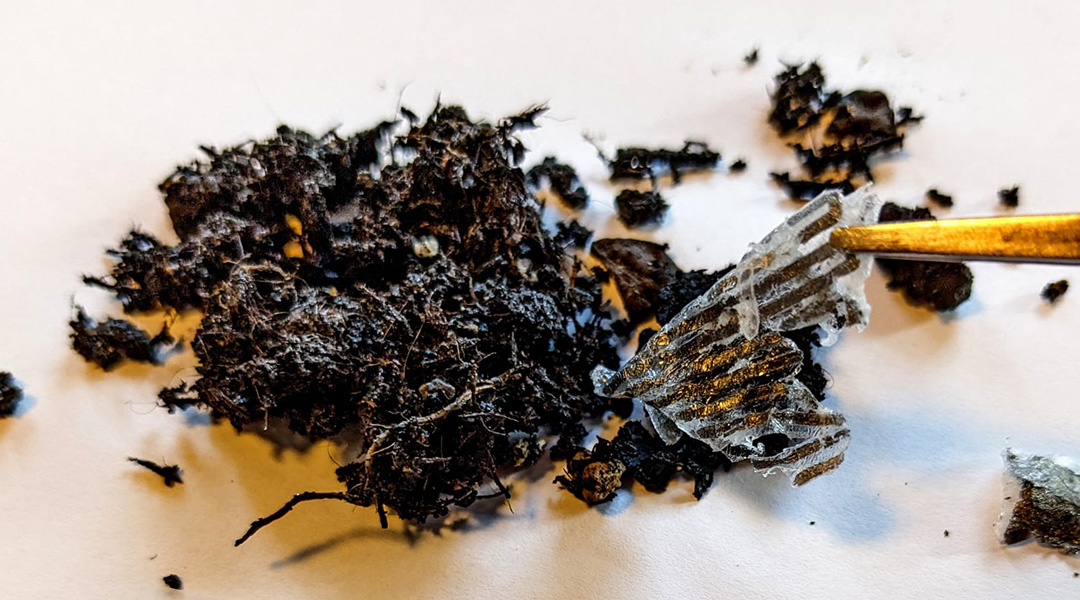Experts argue a new approach is needed so that we are less reliant on antimicrobial drugs, where less use means less resistance.


Experts argue a new approach is needed so that we are less reliant on antimicrobial drugs, where less use means less resistance.

According to researchers, crop yields could suffer considerably in the face of a sudden catastrophe, but we can prepare.

With Africa’s population set to double by 2050, many snake species face a higher risk of extinction, prompting concerns among conservationists.

Innovative cryopreservation technique revives adult corals, safeguarding their genetic material to seed future populations.

Contrary to previous assumptions, giant viruses play a vital role in sustaining algal blooms that form around the world every year.

A year-long survey of an ordinary urban lot found over 1000 unique species, revealing our yards are home to a great diversity of life.

Squash plants send chemical warnings underground, empowering neighbors to resist insect attacks, providing insights into natural pest management.

A genetically engineered strain of yeast is reducing the amount of carbon dioxide produced during the production of ethanol biofuels.

The new device pulls methane out of the air and could help tackle emissions from low-concentration sources, like livestock farms.

Discover how cellulose may revolutionize flexible electronics, replacing plastics in eco-friendly, sustainable substrates for innovative devices.